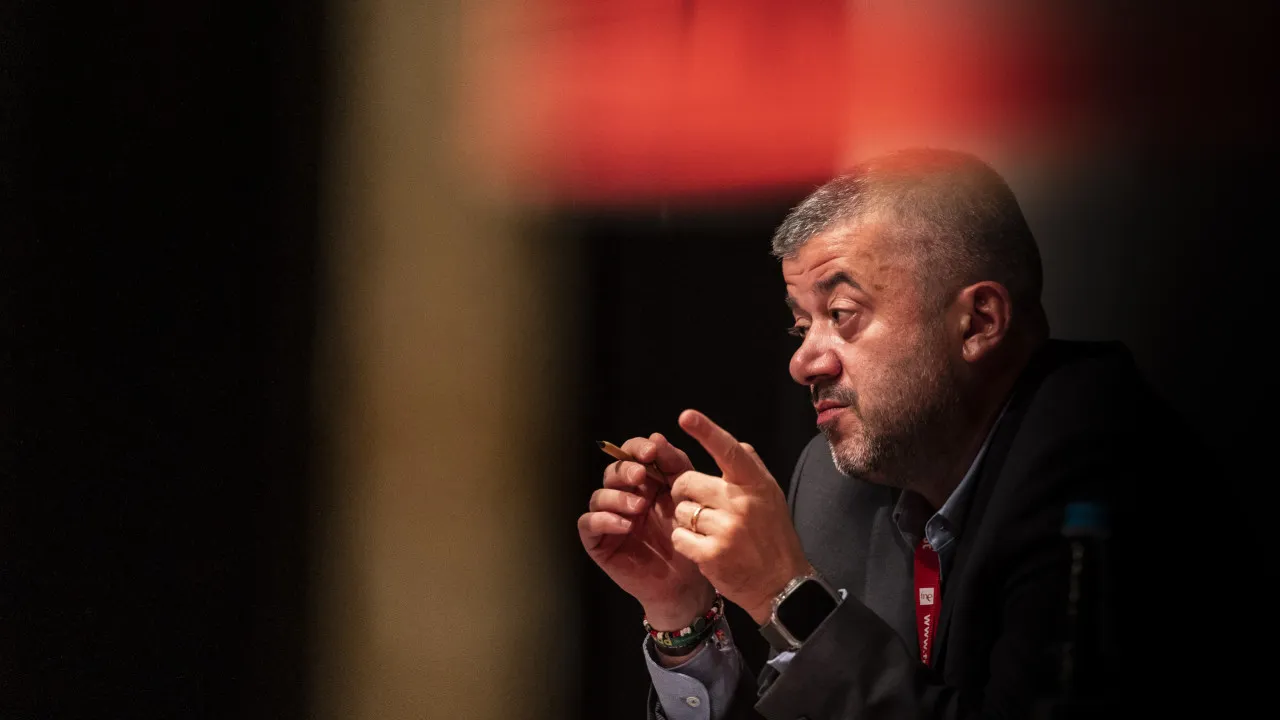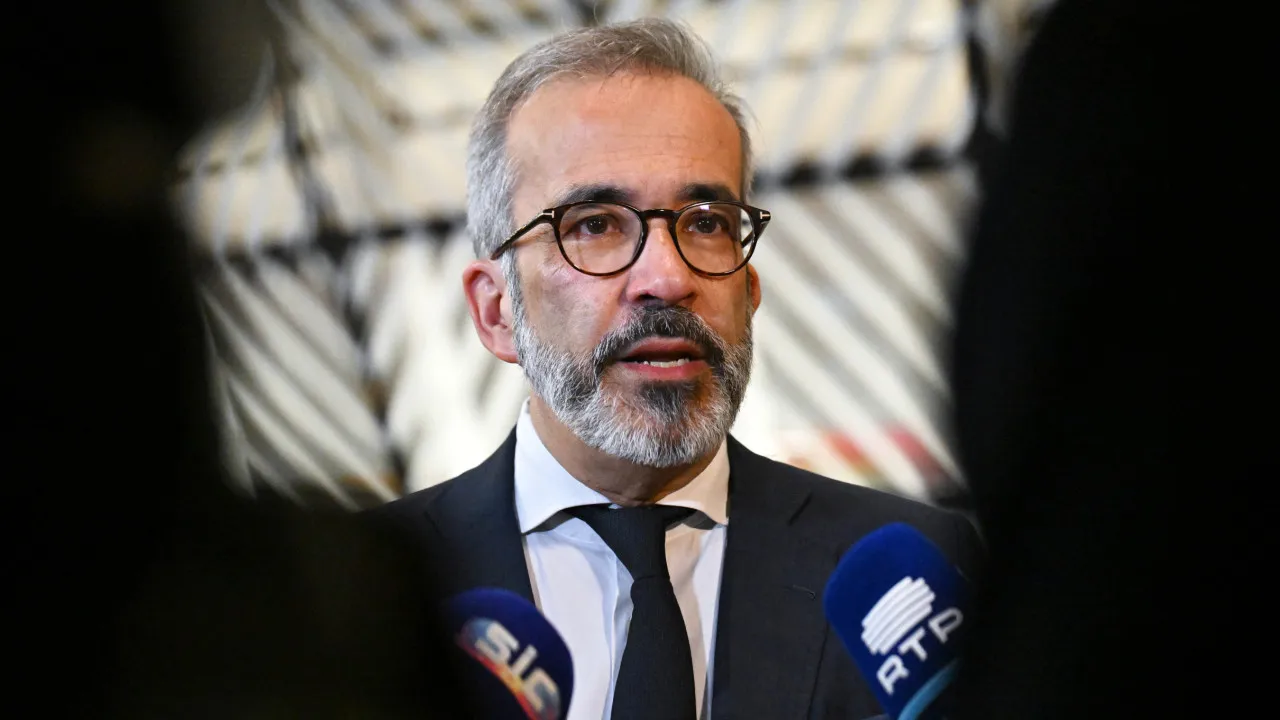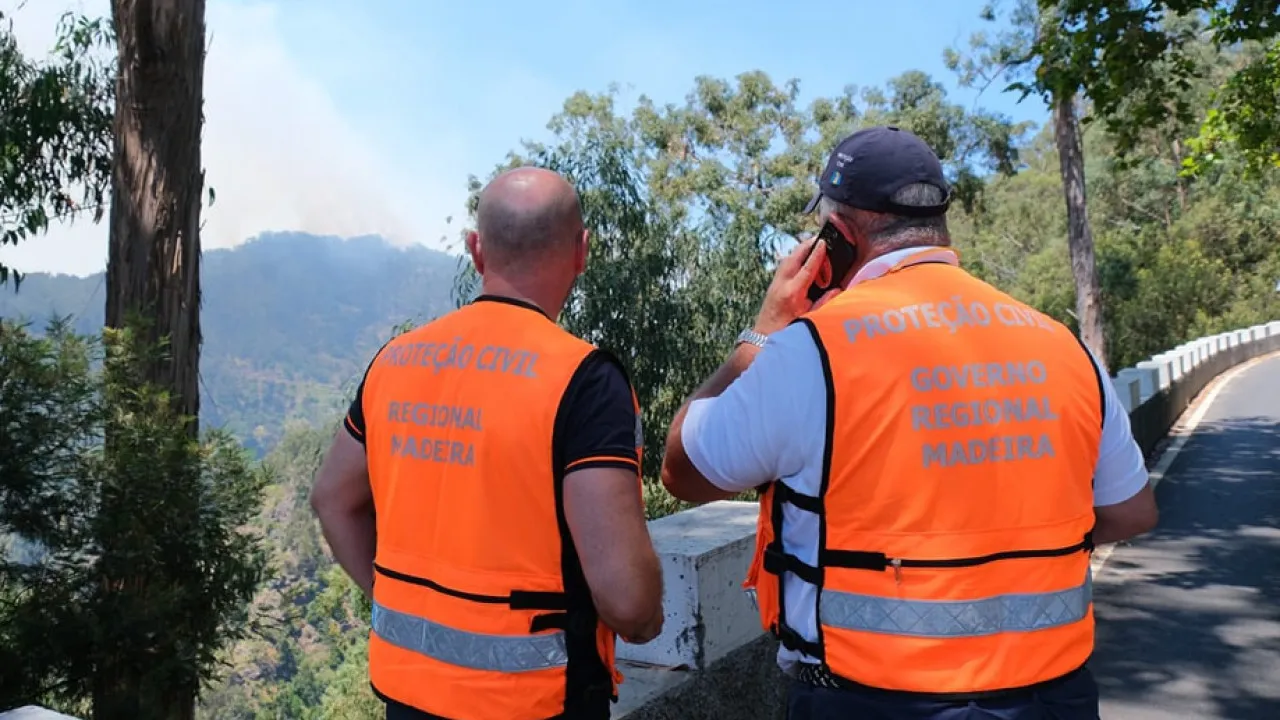
Pedro Barreiros highlighted that there are educational projects where violence is the main concern, while in others, issues of sexuality prevail. He cited an example from a visit to a school in Cape Verde, where “in a very short period, there were 16 cases of early pregnancies.”
He emphasized the importance of sexual education, stating, “In our case, we need to be equipped and capable of addressing these topics with our students, understanding their age and maturity, and gaining the agreement of families and guardians to determine the approach and depth of these issues.”
Barreiros spoke to journalists on the sidelines of a press conference presenting the results of a national survey on the teaching profession and working conditions, conducted by the National Federation of Education (FNE) and the Association for Training and Research in Education and Work (AFIET). The survey, held between July 13 and 27, included 4,638 teachers from preschool to secondary education.
The FNE leader expressed skepticism about the new proposal on sexual education—part of the new National Strategy for Citizenship Education (ENEC), currently under public consultation—and doubted whether “all teachers, in general, are fully equipped and prepared to address some of these topics.”
He added, “We are educators. There are psychologists in schools for a reason. We sometimes assume that role in our classrooms, but it is not our primary role.”
“It is crucial to value each person and their specific expertise. Sometimes it seems that discussions are conducted at a surface level, with perhaps more political, partisan, or even union-related agendas, rather than a genuine concern for our students’ education system.”
When questioned about the use of mobile phones by students in schools, Barreiros noted that the survey showed most teachers oppose mobile phone use during breaks, both in primary and secondary education.
Regarding their educational use in classrooms, “teachers in secondary education tend to view this digital tool as a possibility, another option.”
He further stated, “The issue of prohibition is not well understood. Based on international studies and experiences being adopted, we understand the concern, but the discussion surrounding autonomy versus prohibition is problematic. We aim to provide schools and teachers with more autonomy, yet we enforce prohibitions. This contradiction needs to be addressed and clearly understood.”




